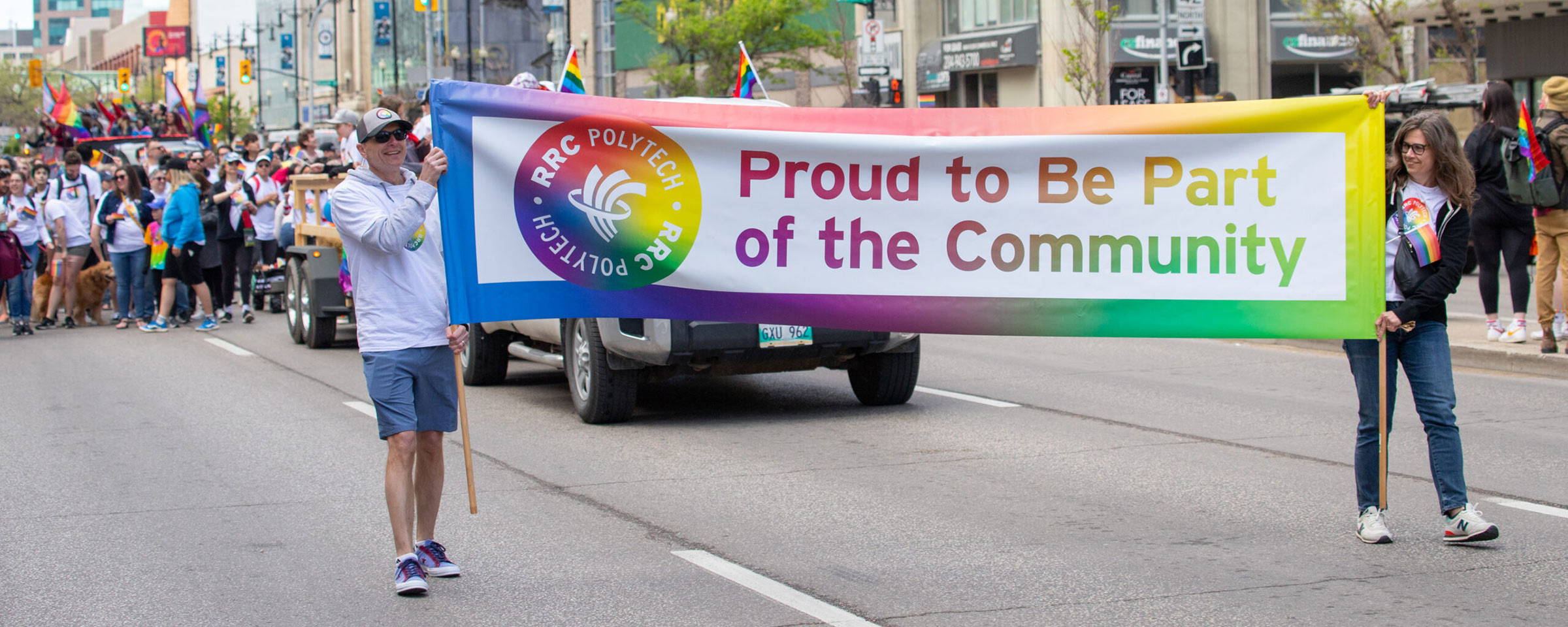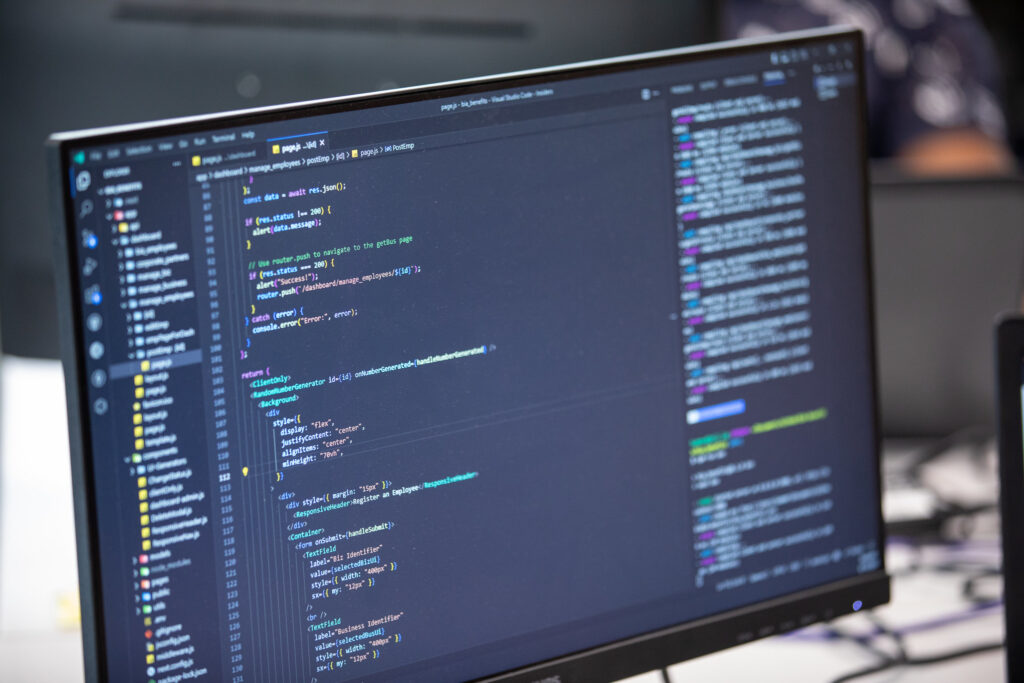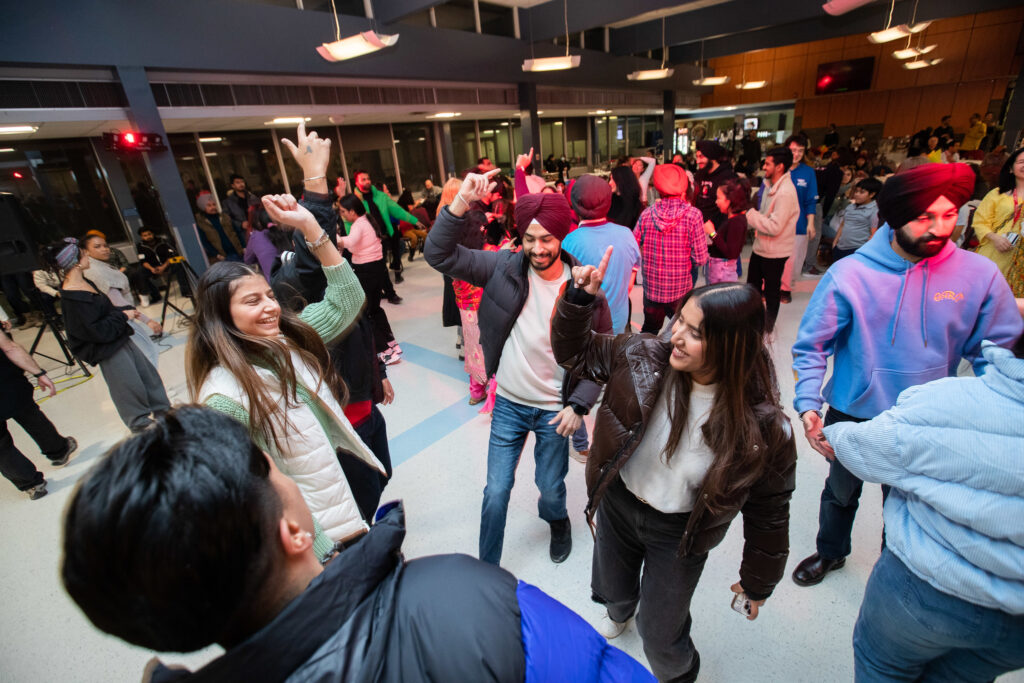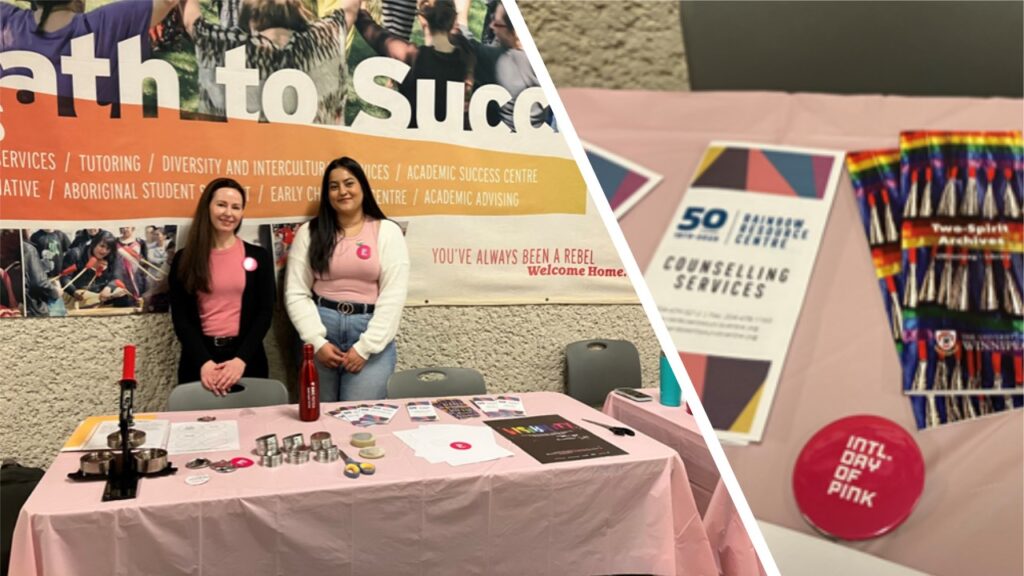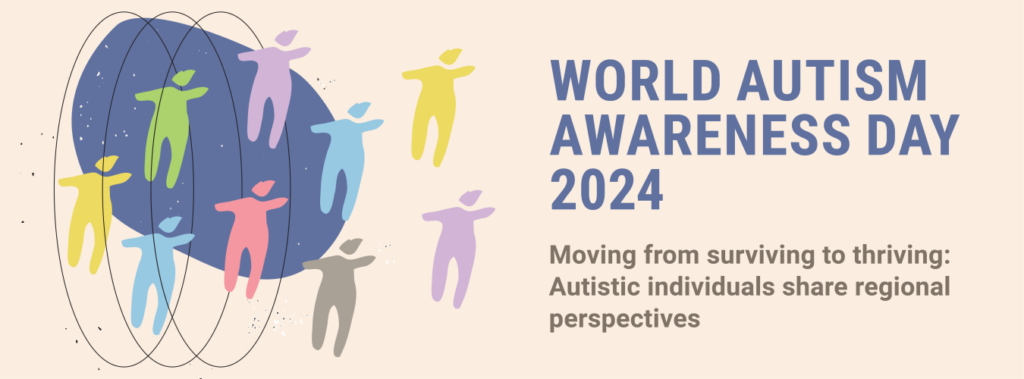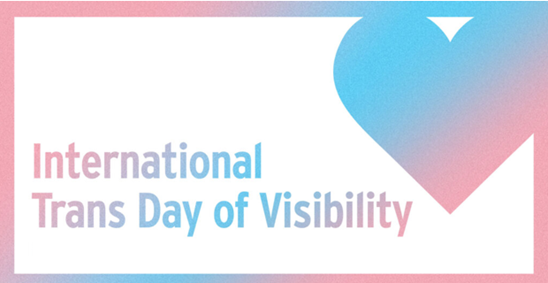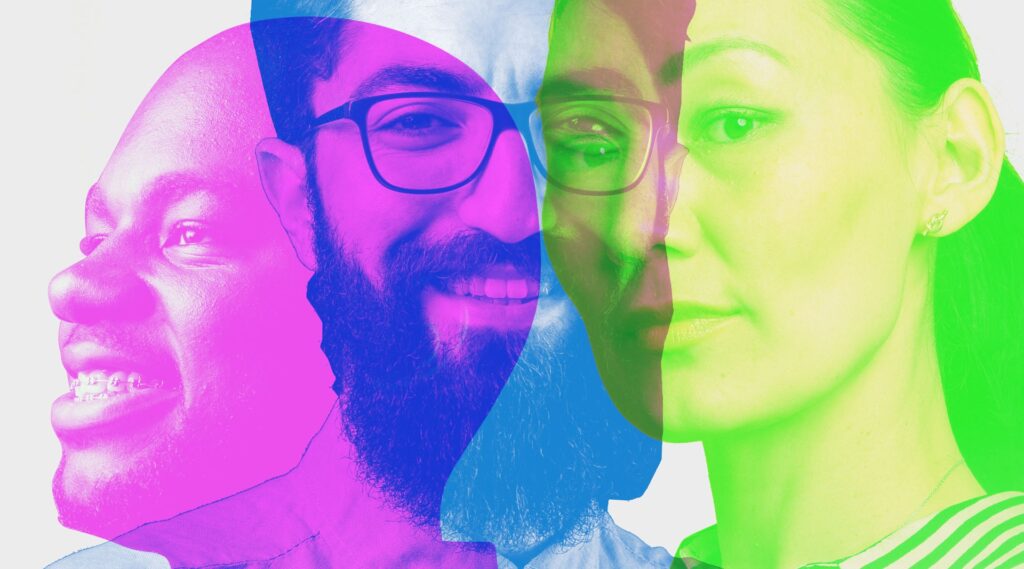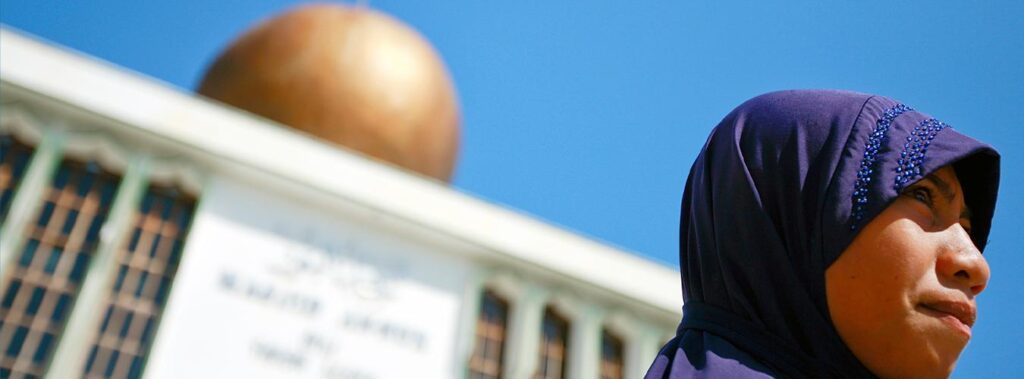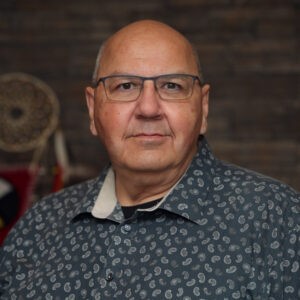The Important Influence of Women in Information, Communication and Technology
RRC Polytech celebrates International Girls in ICT Day 2024
Every year on April 25, RRC Polytech celebrates International Girls in Information, Communication and Technology (ICT) Day. RRC Polytech and the instructors within the ICT program share the same values to create an equitable, diverse, and inclusive place both inside our classrooms and the industry once they graduate.
Currently inside global cybersecurity, men make up 78% of the industry. However, the percentage of women in that sector is rising by the decades, with 13% of women 60 or older, and now 24% of women under 30 in the workforce. At RRC Polytech, we see this as a room for growth inside our programs.
In a study published by ICS2, over half of the testing sample believed that building an inclusive, more diverse team is crucial in the security team’s success. This is an important value that Hosna Safiarian, RRC Polytech Instructor in the Data Science and Machine Learning program, also believes is critical to the future success inside the ICT sector.
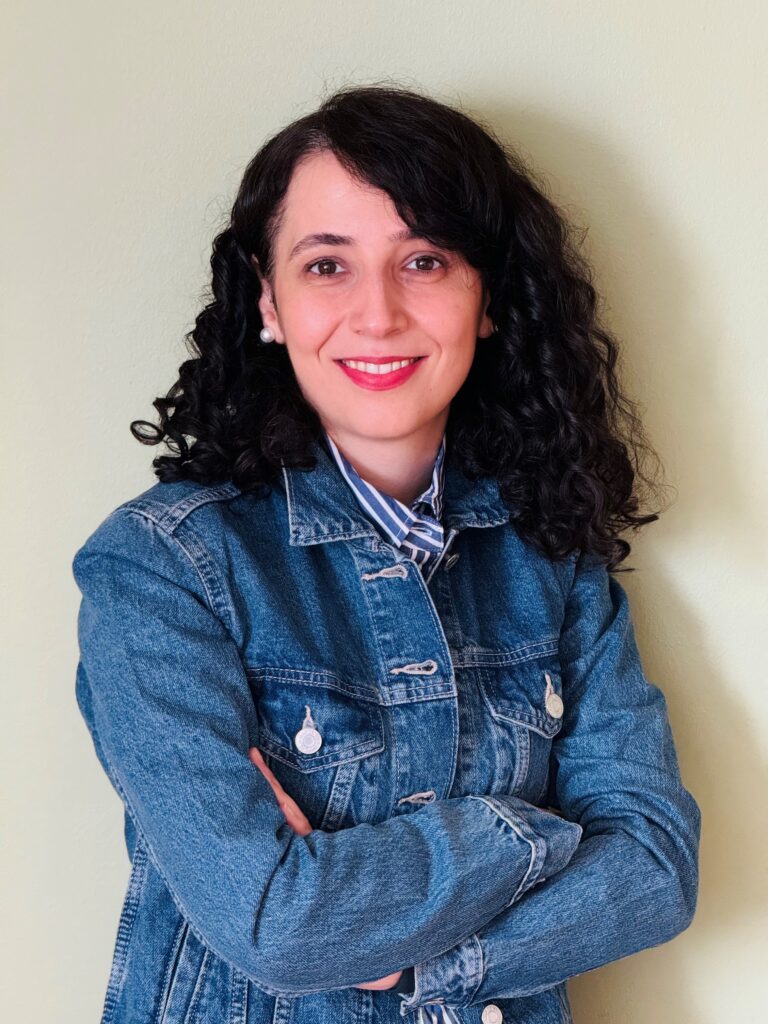
“Empowering women in the IT field will foster democracy in the IT world. Democracy has consistently engendered creativity, innovation, prosperity, and justice in society, and the IT world is no exception. We can see these diverse ideas infusing fresh vitality into IT products and services, akin to new blood coursing through veins,” says Hosna.
Hosna Safiarian was born in Iran, in the Middle East, where gender norms within careers were heavily influenced by society. Despite this, she found a silver lining and turned challenges into opportunities in the field of IT.
When Hosna entered high school, she initiated a coding competition, leading a team of girls to run different algorithms in computer science. This experience taught her a valuable lesson: ‘We can achieve good results if we try hard enough; we just need to be brave.’
Throughout her career she has made significant efforts as a woman in the fields of academics and the IT industry. She volunteered to teach computer science topics in girls’ schools in Iran to prepare them for this field. Hosna has published more than 15 articles in Persian and English about data science, which serve as valuable references for Iranian students.
Additionally, Hosna has served as a teaching assistant at the Masters and PhD levels, mentoring many female students with their thesis in the field of data science. With their help, she has created a significant amount of educational content on data science, Artificial Intelligence and big data topics.
In the IT industry, she has overcome seemingly insurmountable barriers. By completing numerous international courses and obtaining numerous certificates, she has succeeded in securing a position as a data science expert in Iran’s industry.
Now, as an Instructor at RRC Polytech, Hosna shares her passion for ICT with her students.
“I hope that more girls will fall in love with math and coding, enter the IT world, and turn the challenges of this field into a unique growth opportunity.”
She always tells her students, ‘Wherever your challenges lie, that’s where your potential for growth exists,’ – inspiration she’s gained from Harnessing Jung’s Wisdom on Fears.
In Canada there are currently 25,000 unfilled positions in cybersecurity, so bringing more women into ICT continues to be a crucial step in creating a more diverse and inclusive industry.
RRC Polytech is encouraging more women to enter the field through a training and work-integrated learning pilot with the Information and Communications Technology Council (ICTC) and Microsoft.
The pilot will recruit 20 students who are women in RRC Polytech’s Information Technology programs to acquire foundational Microsoft Cybersecurity training and certification, mentorship, and experiential work-integrated learning – all at no cost to the student.
To learn more about the ICTC and Microsoft Cybersecurity Training Pilot, or to register, visit here.
